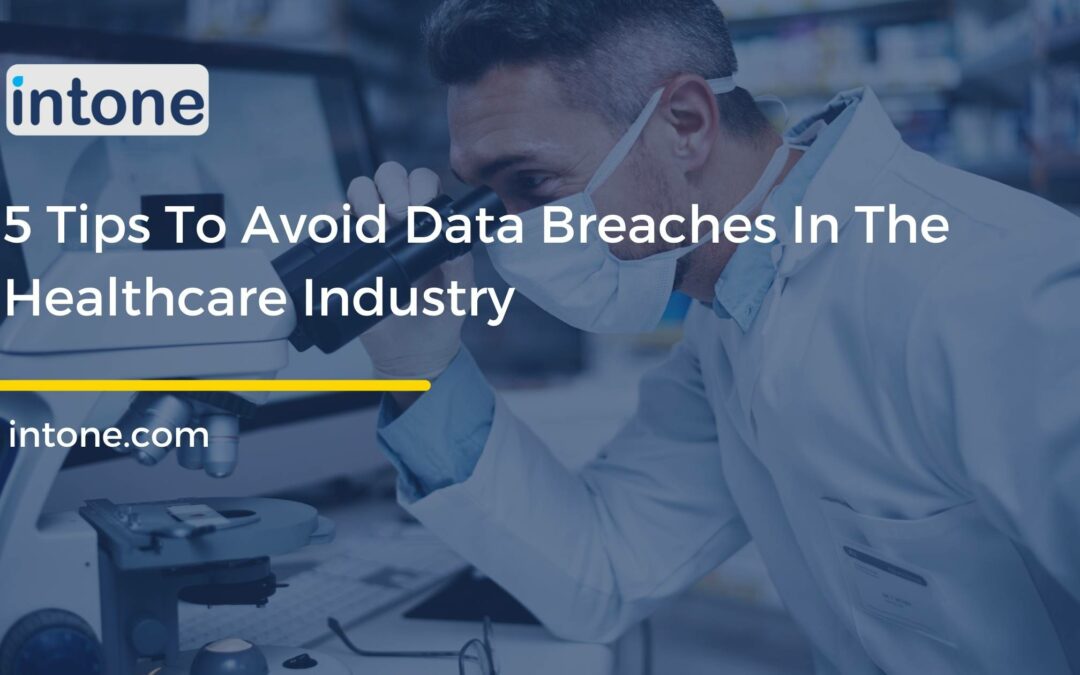Contents
Data breaches have been an issue in many industries, but one that has received a lot of attention arehospitals. Data breach in healthcare is a big problem that has been plaguing the medical industry for years. Hospitals and other organizations in the healthcare ecosystem collect and store a lot of information about their patients, which makes them vulnerable to data breaches. In recent years, many healthcare institutions have had their data compromised and sensitive information leaked to the public. These incidents can cause irreparable damage to a hospital’s reputation, affecting future patients and revenue. Moreover, as the medical world is increasingly dependent on the use of advanced technologies to improve patient outcomes, the risk of data breaches in the healthcare industry increases simultaneously.
The costs of data breaches are astronomical and can be devastating to hospitals when they happen. This is why knowing how to prevent data breaches in the healthcare industry is increasingly critical. There are many ways to avoid data breaches, but these five tips will go a long way in preventing one from happening.
Conduct a Comprehensive Risk Assessment
Risk assessment has been mandated by HIPAA Privacy and Security Rules since 2003. Healthcare providers must submit their system to an annual security evaluation. This assessment comprises a step-by-step analysis of your network server, devices, and web application, revealing potential threats and uncovering any vulnerabilities within the IT system. A summary of this assessment will guide you on what needs to be remediated to increase your cybersecurity. Therefore, conducting a comprehensive risk assessment is the first step any organization in the healthcare industry should take to avoid a data breach.
Provide Employee Training
According to a report by Verizon , 58% of healthcare breaches attempts involve inside actors. So, regular employee training on data privacy and security regulations is a crucial step in reducing the chances of a breach. Also, employees may not realize how much private information has been revealed from just checking social media accounts briefly at work or posting to their own accounts. Healthcare organizations should have clear guidelines about what staff members can share on social media and the Internet in general.
Encrypt all Data
Although HIPAA doesn’t mandate the use of encryption for healthcare data, organizations should leverage cryptography for data security. It is important for hospitals and other organizations that handle sensitive data to encrypt their entire network, including all the computers on it with passwords, as well as any external devices plugged in such as USB drives or smartphones. If you don’t have strong encryption configured from the beginning then your IT personnel will find themselves wasting time trying to plug holes they didn’t initially think of. Also, Hospitals should make sure that all of their vendors such as telecommunications companies or cloud storage services have encryption in place before signing contracts with them.
Read Intone insights on: Big Data security in healthcare
Create a Strict BYOD Policy
Employees may not realize that a leak of sensitive information could come from their personal device, which is often connected to hospital networks, even if it’s just for convenience purposes like checking emails or viewing data files stored at home when they’re working remotely. So, hospitals need to make sure employees understand how important this rule is by requiring them to follow user-authentication practices, installing firewalls and other security software, app regulation, and so on.
Securely dispose of unwanted sensitive patient information
Any confidential patient information that is no longer required must be securely disposed of to ensure that hackers do not have access to it. Most importantly, never leave your patient’s records unattended. Whether you follow the paper process or digital processes, make sure that unwanted records are destroyed through electronic deletion or physical shredding of documents.
With the COVID-19 pandemic still holding its devastating grip on the world, the healthcare industry is highly exposed to data breaches, and it’s just a question of when. This is why preventing data breaches in the healthcare industry is always better than spending a fortune on damage control. We, at Intone, work with the world’s leading healthcare payers, providers, and public health entities and we offer a wide range of end-to-end services including healthcare cybersecurity services to help healthcare organizations face the cyber risks of the future. Our Cyber security monitoring in Healthcare includes cyber security monitoring strategy, analysis and assessment, business continuity and cyber resilience, training on new improvements, and more.
Read our article on RPA in healthcare

